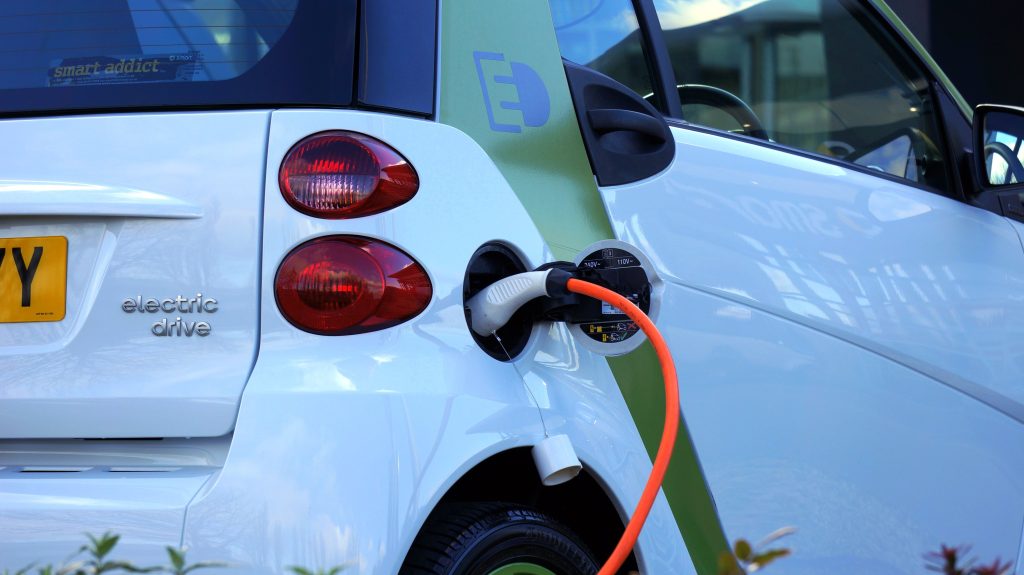People are becoming more worried about the environment and how human actions affect it. As the global population grows, the need for transportation also increases. This leads to a rise in carbon emissions and air pollution. This has led to a push for more sustainable and eco-friendly solutions, particularly in the automotive industry. With the development of new technologies, there has been a significant shift towards the production and use of eco-friendly cars. These vehicles reduce environmental harm caused by traditional cars by using cleaner and renewable energy sources, like electricity and hydrogen. This article discusses the importance of eco-friendly cars and their benefits for the environment, economy, and society. We’ll talk about the features and technologies that make these cars more eco-friendly. We’ll also explain why it’s important for people and car companies to switch to a greener future.
Sustainability: Driving towards greener choices.
In today’s rapidly evolving world, the concept of sustainability has become increasingly vital. As people and companies try to reduce their environmental impact, it is important to focus on making greener choices. This shift towards sustainability extends to various aspects of our lives, including transportation. With concerns over climate change and depleting natural resources, the importance of eco-friendly cars cannot be overstated. These vehicles offer innovative technologies that reduce emissions and promote energy efficiency, ultimately contributing to a cleaner and healthier planet. Choosing eco-friendly cars not only supports responsible consumerism but also helps create a more sustainable future for future generations.
Lower emissions, and cleaner air quality.
Lowering emissions and improving air quality go hand in hand with the adoption of eco-friendly cars. By embracing these vehicles, we can significantly reduce the release of harmful pollutants into the atmosphere. Traditional combustion engines emit carbon dioxide, nitrogen oxides, and particulate matter, contributing to air pollution and its associated health risks. In contrast, eco-friendly cars utilise advanced technologies like electric or hybrid powertrains, producing fewer or zero tailpipe emissions. This transition to cleaner transportation options helps combat air pollution, leading to improved air quality in our communities. Breathing cleaner air has numerous health benefits, including reducing the risk of respiratory diseases and allergies. Furthermore, it creates a more pleasant and sustainable environment for everyone to enjoy. By prioritising eco-friendly cars, we are actively taking steps towards a healthier and more sustainable future.
Energy-efficient technology, saving resources.

With the growing concern for environmental sustainability, the significance of energy-efficient technology in saving resources cannot be overstated. Eco-friendly cars, equipped with advanced energy-saving features, play a pivotal role in this endeavour. These vehicles use new technologies like regenerative braking and efficient power management systems to save energy and reduce waste. This not only reduces reliance on fossil fuels but also conserves valuable resources. Furthermore, energy-efficient cars often incorporate lightweight materials and aerodynamic designs, further enhancing their overall efficiency. By using these new technologies, we can help save our planet’s resources and move towards a more sustainable future.

Cost-effective and environmentally responsible.
One of the key advantages of eco-friendly cars is their cost-effectiveness and environmental responsibility. These vehicles are made to use less fuel and produce fewer emissions, saving owners a lot of money on fuel. Governments and cities often provide incentives and tax benefits to encourage the use of eco-friendly cars, making them even more cost-effective. Beyond financial benefits, these cars contribute to a cleaner and healthier environment by producing fewer harmful pollutants. Choosing eco-friendly cars helps people save money and protect the planet for future generations.
